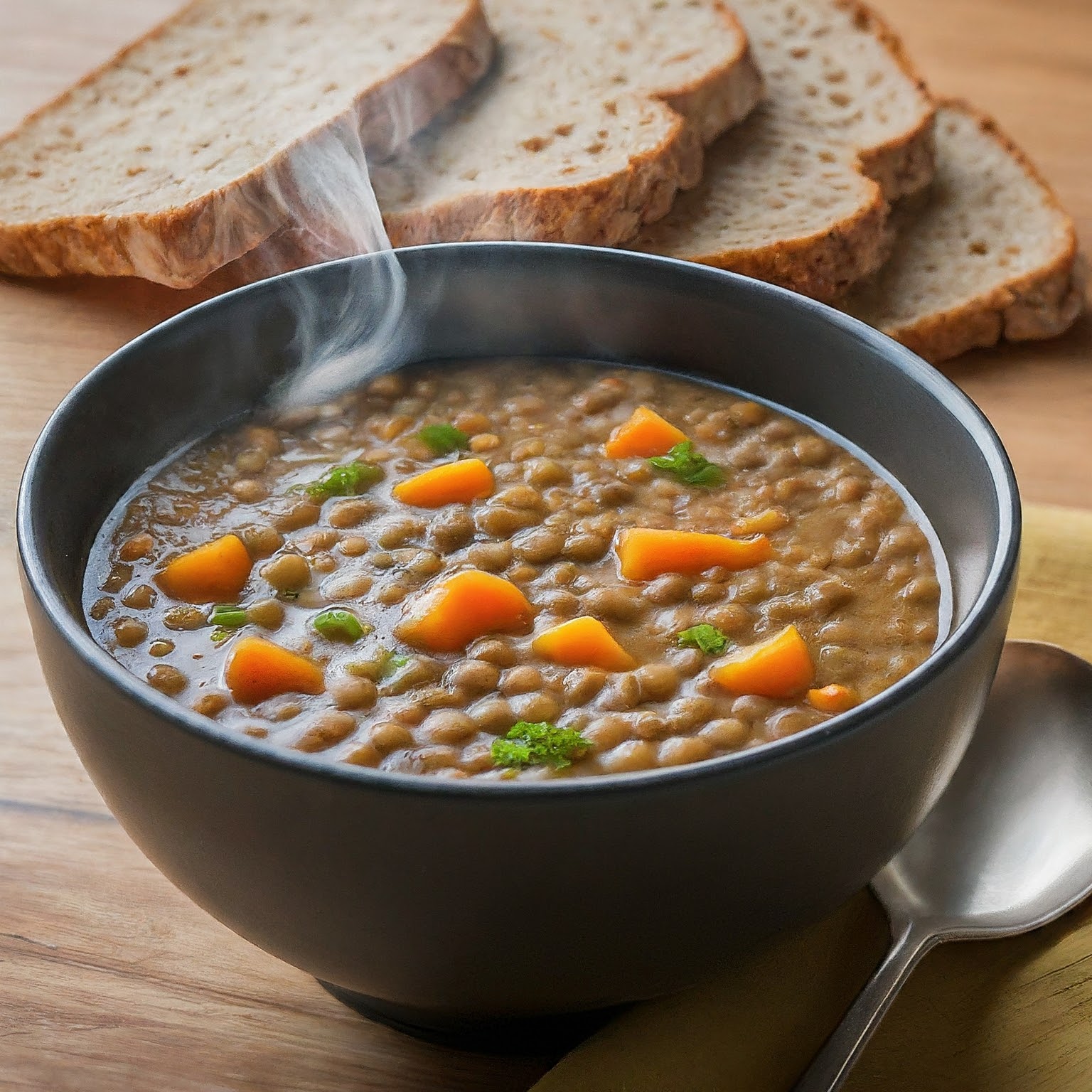8 Top Diets for Optimal Health at 40 and Beyond As we navigate the journey of life, reaching the age of 40 often marks a significant crossroads where health and well-being take on a heightened importance. The choices we make today will profoundly impact our physical and mental health in the years that lie ahead.
8 Top Diets for Optimal Health at 40 and Beyond
As we navigate the journey of life, reaching the age of 40 often marks a significant crossroads where health and well-being take on a heightened importance. The choices we make today will profoundly impact our physical and mental health in the years that lie ahead. Nutrition, as a cornerstone of a healthy lifestyle, plays a vital role in shaping our longevity and overall well-being.
This comprehensive article explores 8 top diets that are scientifically supported to promote optimal health and prevent chronic diseases as we age. By understanding the principles and benefits of these dietary approaches, individuals approaching 40 can make informed decisions to nourish their bodies and minds for years to come.
1. Mediterranean Diet
The Mediterranean diet, inspired by the traditional eating habits of countries bordering the Mediterranean Sea, has consistently ranked among the healthiest diets worldwide. Its emphasis on whole, unprocessed foods, lean protein sources, and healthy fats has been associated with a reduced risk of cardiovascular disease, diabetes, and certain types of cancer. Fruits, vegetables, legumes, whole grains, and olive oil form the foundation of this diet, while red meat and processed foods are consumed sparingly.
Benefits:
- Reduced risk of cardiovascular disease
- Lower incidence of type 2 diabetes
- Protection against certain types of cancer
- Improved cognitive function
- Maintenance of a healthy weight
2. DASH Diet
The Dietary Approaches to Stop Hypertension (DASH) Diet is primarily designed to lower blood pressure. However, its principles have been shown to benefit overall health and promote longevity. The DASH diet emphasizes fruits, vegetables, whole grains, and lean protein, while limiting saturated fat, cholesterol, and sodium intake.
Benefits:
- Reduced blood pressure
- Lowered cholesterol levels
- Improved heart health
- Reduced risk of stroke
- Prevention of kidney disease

Picture by: Google
3. Flexitarian Diet
The flexitarian diet is a semi-vegetarian approach that encourages the consumption of primarily plant-based foods with the occasional inclusion of meat or fish. This dietary pattern offers the health benefits associated with vegetarianism, such as a reduced risk of cardiovascular disease, obesity, and certain types of cancer, while providing the flexibility to enjoy animal products in moderation.
Benefits:
- Lowered risk of heart disease
- Reduced risk of obesity
- Protection against certain types of cancer
- Improved digestive health
- Increased fiber intake
4. MIND Diet
The Mediterranean-DASH Intervention for Neurodegenerative Delay (MIND) Diet combines the principles of the Mediterranean and DASH diets, with a specific focus on promoting brain health and reducing the risk of cognitive decline. The MIND diet emphasizes leafy green vegetables, berries, nuts, beans, whole grains, and fish, while limiting red meat, processed foods, and sugary drinks.
Benefits:
- Reduced risk of Alzheimer’s disease and dementia
- Improved cognitive function
- Protection against age-related brain decline
- Enhanced memory and attention

Picture by: Google
5. Plant-Based Diet
A plant-based diet, which excludes all animal products, has gained popularity for its potential health benefits and environmental sustainability. This dietary approach focuses on nutrient-rich plant foods, such as fruits, vegetables, legumes, whole grains, and nuts. Plant-based diets have been associated with a reduced risk of cardiovascular disease, type 2 diabetes, and certain types of cancer.
Benefits:
- Lowered risk of heart disease
- Reduced risk of type 2 diabetes
- Protection against certain types of cancer
- Improved digestive health
- Weight management
6. Low-Carb Diet
Low-carbohydrate diets, such as the ketogenic diet and the Atkins diet, have become increasingly popular as a means of weight loss and improved metabolic health. These diets typically restrict carbohydrate intake to very low levels, forcing the body to utilize fat as its primary energy source.
Benefits:
- Rapid weight loss
- Improved blood sugar control
- Reduced insulin resistance
- Lowered triglycerides
- Increased energy levels

Picture by: Google
7. Intermittent Fasting
Intermittent fasting involves alternating periods of eating and fasting. Various methods exist, such as the 16/8 method (fasting for 16 hours and eating within an 8-hour window) and the 5:2 method (eating normally for 5 days and restricting calories to 500 on the other 2 days). Intermittent fasting has been shown to have various health benefits, including weight loss, improved metabolic health, and reduced inflammation.
Benefits:
- Weight loss
- Improved insulin sensitivity
- Reduced blood pressure
- Increased fat burning
- Reduced inflammation
8. Intuitive Eating
Intuitive eating is an approach that promotes a healthy relationship with food and emphasizes listening to one’s body’s needs. This approach encourages individuals to eat when they are hungry and stop when they are satisfied, without external food rules or restrictions. Intuitive eating has been shown to promote healthy eating habits, reduce disordered eating behaviors, and improve body image.
Benefits:
- Improved body image
- Reduced disordered eating behaviors
- Enhanced self-awareness
- Mindful eating practices
- Healthy weight management
Conclusion
As we embark on the next phase of our lives, adopting a nutritious and balanced diet is essential for maintaining optimal health and well-being. The 8 diets discussed in this article offer a range of approaches, each with its unique benefits and principles. By understanding the scientific evidence behind these dietary patterns, individuals approaching 40 can make informed choices to nourish their bodies and minds for years to come.
















